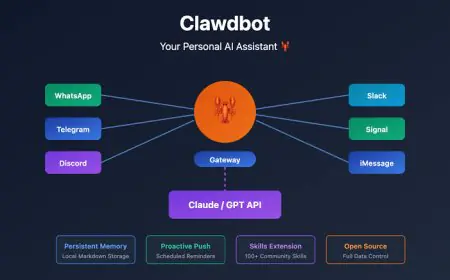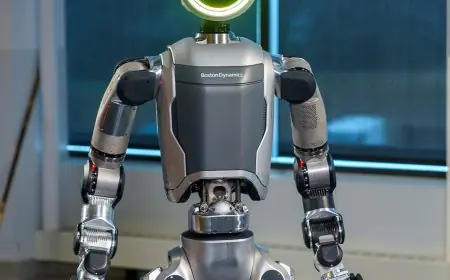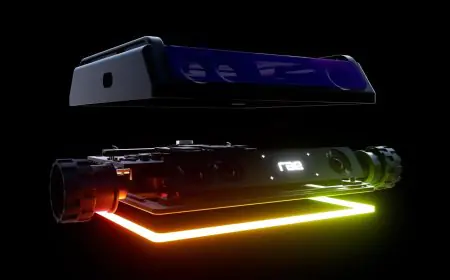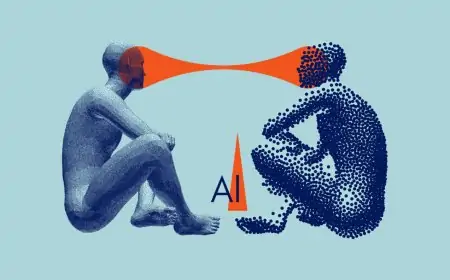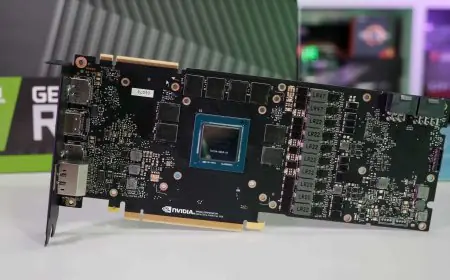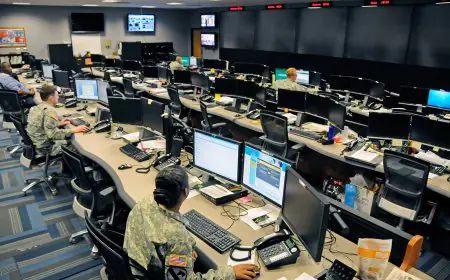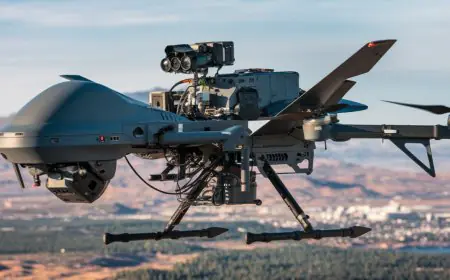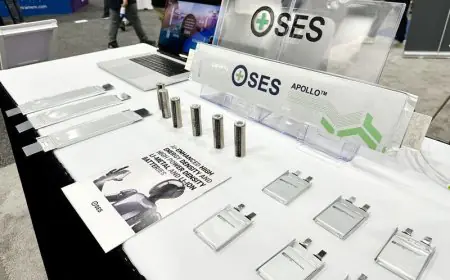Hospital Use AI to Speed Up Lung Cancer Detection and Diagnosis
Hospitals are increasingly adopting AI to enhance lung cancer detection, improving speed and accuracy for earlier diagnosis and treatment.

Hospitals are increasingly implementing artificial intelligence (AI) technologies to improve the speed and accuracy of lung cancer detection, leading to earlier diagnoses and more effective treatment. These AI tools analyze X-rays and CT scans to identify potential abnormalities, helping healthcare professionals prioritize cases and expedite the diagnostic process.
AI-Powered Detection Systems
AI software can analyze chest X-rays within seconds, flagging abnormalities such as masses or lung nodules. For instance, the Qure.ai solution automatically segregates "normal" chest X-rays and highlights those with potential issues, ensuring radiologists can focus on high-priority cases. Similarly, an AI-powered chest X-ray decision-support system can detect up to 124 findings on chest radiographs, relaying critical information to medical providers in under a minute.
Benefits of AI in Lung Cancer Diagnosis
- Enhanced Efficiency: AI streamlines the reporting process, reducing the time clinicians need to analyze X-rays.
- Improved Accuracy: AI acts as an additional set of eyes, helping to identify subtle patterns and potential risks that humans might miss.
- Faster Diagnosis: By prioritizing suspicious cases, AI enables quicker referrals for CT scans and other diagnostic procedures.
- Increased Detection Rates: AI improves nodule detection sensitivity and reduces false-positive rates, contributing to more accurate diagnoses.
Real-World Impact
Hospitals across the UK, including those in Greater Manchester and North Yorkshire, are rolling out AI solutions to aid in lung cancer detection. These initiatives are part of a broader effort to improve cancer outcomes, particularly in regions with higher-than-average lung cancer rates. One patient praised the "incredible" speed of her diagnosis and treatment after AI flagged an abnormality on her chest X-ray, leading to quick confirmation and robotic keyhole surgery.
Ongoing research focuses on validating AI tools in diverse populations and enhancing the universality and interpretability of AI results. Future studies will explore large-scale validation of deep learning-based algorithms and multi-center studies to improve AI's efficacy in lung cancer screening. AI blood tests that identify lung cancer based on DNA fragment patterns are also under development.
The integration of AI in lung cancer detection represents a significant advancement, offering the potential to save lives by enabling earlier and more accurate diagnoses.





